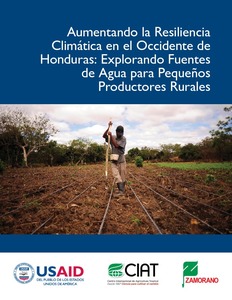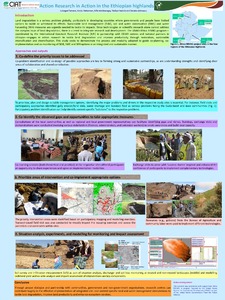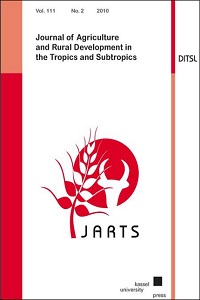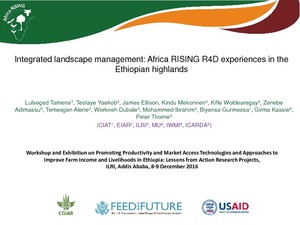Mission
To reduce hunger and poverty, and improve human nutrition in the tropics through research aimed at increasing the eco-efficiency of agriculture.
People
CIAT’s staff includes about 200 scientists. Supported by a wide array of donors, the Center collaborates with hundreds of partners to conduct high-quality research and translate the results into development impact. A Board of Trustees provides oversight of CIAT’s research and financial management.
Values
- Shared organizational ethic
- We respect each other, our partners, and the people who benefit from our work. We act with honesty, integrity, transparency, and environmental responsibility in all of our joint endeavors.
- Learning through partnerships
- We work efficiently and pragmatically together and with partners. Considering our diversity to be a key asset, we adapt readily to change and strive to improve our performance through continuous learning.
- Innovation for impact
- We develop innovative solutions to important challenges in tropical agriculture, resulting in major benefits for the people who support, participate in, and profit from our work.
Members:
Resources
Displaying 181 - 185 of 958Aumentando la resiliencia climática en el occidente de Honduras: explorando fuentes de agua para pequeños productores rurales
"Ti Na Nyang" – "We Can"
This participatory video titled “We Can” was filmed, produced, and directed by a group of 11 farmers and community members from Damolgo and Sekoti, Ghana. With this video they want to communicate the message: ‘we can use our combined knowledge to address the land management challenges we face.’ The film features farmers describing the importance of trees, stone bunds, contour planting and vetiver grass strips, mulching and manuring and the negative effects of bush burning.
Throughfall and soil properties in shaded and unshaded coffee plantations and a secondary forest: a case study from Southern Colombia
In Colombia coffee production is facing risks due to an increase in the variability and amount of rainfall, which may alter hydrological cycles and negatively influence yield quality and quantity. Shade trees in coffee plantations, however, are known to produce ecological benefits, such as intercepting rainfall and lowering its velocity, resulting in a reduced net-rainfall and higher water infiltration.






